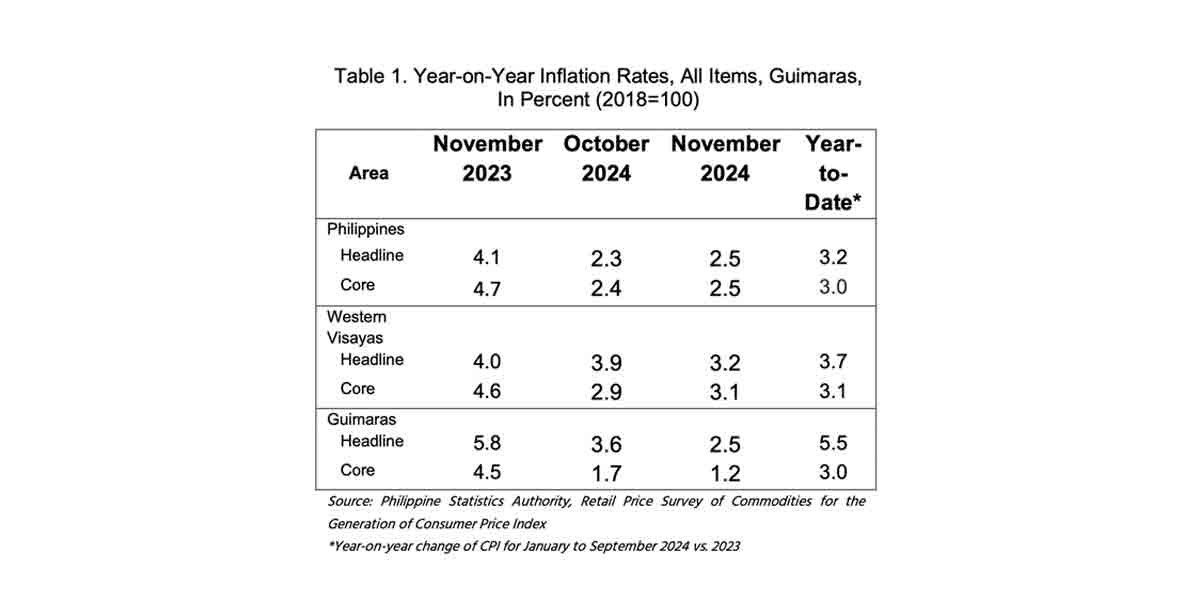 By Modesto P. Sa-onoy
By Modesto P. Sa-onoy
Before I continue with the alternative treatment using Ivermectin, let me call attention to the rising number of reports of deaths due to vaccination. The reports of fatalities are all over the globe, from the United States and Canada to Belgium, Sweden, Israeli and Spain.
Independent media had been coming out with these deaths in rising number aside from the adverse effects of the vaccinations, after two days up to a month after one or two doses. These reports do not include those that governments and hospitals are keeping out of media’s eyes. We are just starting but reports the other day, cited adverse effects in Manila.
Since various brands of vaccines entered general use less than one month ago, we have heard tales of nursing home residents catching Covid-19 or dying in higher numbers after vaccination.
Also being exposed are the defects in the so-called tests of these vaccines. Dr. Meryl Nass, writing for Alliance for Human Research Protection last January 14 said that Pfizer admitted that its vaccine does not prevent infection, contrary to what we were told for months and created a run for these vaccines.
Now, back to our discussion. A news report of January 29 by Mark Heywood said that the Boitumelo Semete-Makokotlela, CEO of the South African Health Products Regulatory Authority (SAHPRA) announced that it would “facilitate a controlled compassionate access programme” to the drug Ivermectin for use for patients with Covid-19.
“Very detailed guidelines of this programme” will be announced “in coming days” that would build in the principles that are used to inform and grant s21 authorisations under the Medicines Act and would be “open to all patients”.
An s21 authorisation is a mechanism used by SAHPRA for medicines that are not registered in South Africa, but which are known to be safe and efficacious and in use in other countries. In the past, how and when these authorisations have been granted has itself been a bone of contention, for example, overuse of generic drugs for cancer or HIV whose originals are excessively priced.
According to Semete-Makokotlela, applications would need to be made by health professionals so as to ensure they took responsibility for safety and monitor efficacy. “There’s a large responsibility we are placing on health professionals,” she said.
Indeed, how many times have our own medical professionals been asking permission? If they asked, then they know they are responsible for the consequences. My feedback is that these doctors know that their treatment has been proven safe. In fact, I have not heard of anyone dying from Ivermectin. Of course you say there is none because we are not using it, but there are in the international medical communities that have certified to the effectiveness and safety of this drug not just on paper or professional journals but even their legislature where they were subjected to intense questioning.
According to SAHPRA, the drugs used as part of the programme would need to be drugs manufactured for human use (not animal use) and, given that there is no local production of the drug, it would have to be imported by a reputable company.
We know that Ivermectin is traditionally used for animals not for humans but as I already cited several times many physicians abroad and even in the Philippines have used this drug as treatment and prophylaxis for Covid-19 and they declared the treatment worked.
In addition, SAHPRA “would be looking at a longer-term controlled access trial of Ivermectin, as well as applications for clinical trials that are being submitted by universities. Three research group’s applications are all being expedited.”
In the wake of the announcement doctors and patient advocacy groups expressed some relief. SAHPRA appears “to have found a responsible middle ground that recognises the limited evidence but also the desperation and the fact that, even for a regulatory authority charged with rigidly ensuring medicine safety, quality and efficacy, flexibility may be warranted. SAHPRA may be setting a precedent for other health authorities as well as helping garner evidence that will finally decide the efficacy of this medicine.”
South Africa is not the only country that has given the green light for the use of Ivermectin.
Continued tomorrow.

























